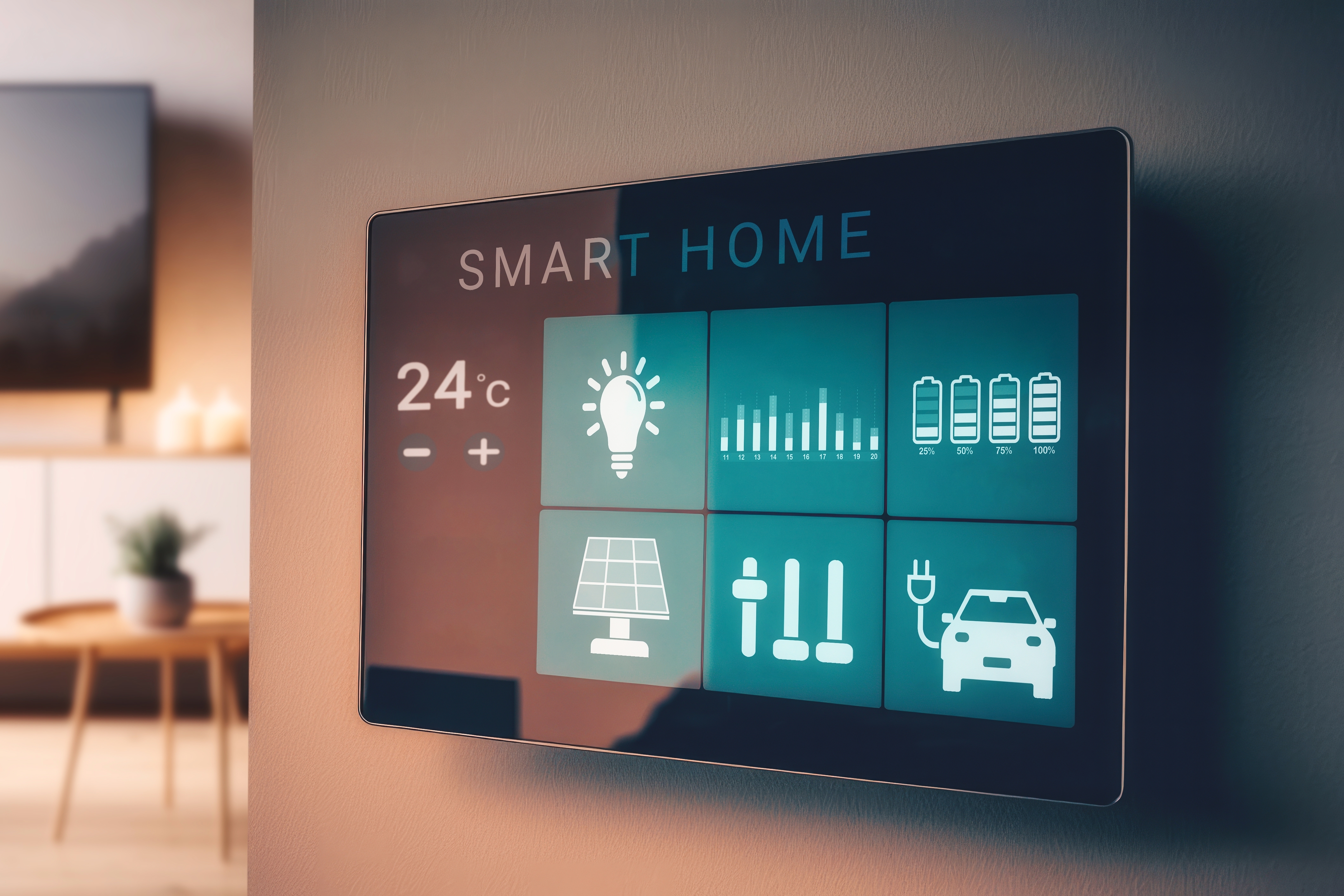A Smart Investment for Homeowners in 2025: The Generator You Need
Power outages can strike at any moment, leaving homeowners vulnerable to inconvenience, property damage, and even safety risks. As extreme weather events become more common and electrical grids face increasing strain, power generators have evolved from luxury items to essential home investments. In 2025, having a reliable power generator isn't just about convenience—it's about securing your family's comfort, safety, and peace of mind when the unexpected happens.

Understanding Power Generator Types for Your Home
Today’s power generators come in various forms, each designed to meet specific needs and budgets. Conventional generators typically run on fossil fuels like natural gas, propane, or diesel, offering reliable performance during extended outages. These traditional power generators can power entire homes, including essential appliances like refrigerators, heating systems, and medical equipment.
Portable generators provide flexibility for homeowners who need occasional backup or power for outdoor activities. These smaller units can be moved as needed, though they typically provide less overall power than permanent installations. Inverter generators represent a more advanced portable option, delivering “cleaner” power that’s safe for sensitive electronics while operating more quietly and efficiently than traditional portable models.
Solar Power Generators: The Sustainable Choice
Solar power generators have revolutionized the backup power market by harnessing renewable energy. These systems combine solar panels, battery storage, and inverter technology to capture and store electricity from the sun. Unlike conventional generators, solar power generators operate silently, produce zero emissions, and require minimal maintenance since they have fewer moving parts.
Modern solar generators range from compact portable units that can charge small devices to whole-house systems capable of powering essential circuits during extended outages. The technology has advanced significantly, with today’s models featuring higher capacity batteries, faster charging capabilities, and more efficient solar panels. For environmentally conscious homeowners, solar power generators offer the dual benefit of clean energy and potential long-term savings on fuel costs.
Selecting the Right Power Generator for Your Needs
Choosing the appropriate generator requires assessing your specific power requirements. Begin by calculating your essential electricity needs during an outage. Make a list of critical appliances and devices you’d need to power, noting their starting and running wattages. This calculation will help determine the minimum capacity your generator should provide.
Consider your regional weather patterns and local power grid reliability. Areas prone to hurricanes, ice storms, or wildfires might justify a more substantial investment in backup power. Similarly, if you work from home, have medical equipment, or maintain sensitive electronics, your generator requirements may be more specialized. The right power generator should balance capacity, fuel efficiency, noise levels, and maintenance requirements with your household’s unique circumstances.
Installation and Safety Considerations
Professional installation is essential for permanent generators, particularly those connected to your home’s electrical system or natural gas lines. Improper installation can create serious safety hazards, including electrical fires, carbon monoxide poisoning, or dangerous backfeeding into utility lines that puts utility workers at risk.
Permanent generators require permits and should comply with local building codes and electrical standards. Even portable generators demand careful placement and operation—they should never run inside homes, garages, or enclosed spaces due to carbon monoxide risks. Always position portable generators at least 20 feet from doors, windows, and vents, with the exhaust directed away from your home. Regular maintenance, including oil changes, filter replacements, and fuel system care, ensures your power generator remains ready when needed most.
Comparing Power Generator Options in 2025
The power generator market offers diverse options to match various budgets and requirements. Below is a comparison of popular generator types available to homeowners in 2025:
| Generator Type | Power Output | Fuel Type | Estimated Cost Range | Key Benefits |
|---|---|---|---|---|
| Portable Gas Generator | 2,000-10,000W | Gasoline | $500-$2,000 | Affordability, mobility, widely available |
| Portable Inverter Generator | 1,000-7,500W | Gasoline/Propane | $600-$4,500 | Clean power for electronics, fuel efficiency, quieter operation |
| Standby Home Generator | 8,000-22,000W | Natural Gas/Propane | $4,000-$15,000+ (installed) | Automatic operation, whole-house power, long runtime |
| Home Solar Generator System | 2,000-10,000W | Solar (with battery) | $2,000-$20,000+ (depends on capacity) | No fuel costs, quiet, environmentally friendly |
| Portable Solar Generator | 500-5,000W | Solar (with battery) | $500-$5,000 | No emissions, quiet, low maintenance |
Prices, rates, or cost estimates mentioned in this article are based on the latest available information but may change over time. Independent research is advised before making financial decisions.
Future-Proofing Your Home with Smart Power Generators
The latest generation of power generators offers unprecedented integration with smart home systems. Wi-Fi connectivity allows remote monitoring and control through smartphone apps, enabling homeowners to check fuel levels, receive maintenance alerts, or even start their generators from anywhere. Some models feature automatic load management, intelligently prioritizing which circuits and appliances receive power based on your preferences and available capacity.
For homeowners investing in renewable energy, hybrid systems combining solar panels with traditional generators provide the best of both worlds—clean, free energy on sunny days with reliable backup when solar production is insufficient. As battery technology continues to advance, expect to see more affordable home energy storage solutions that can integrate with both solar arrays and conventional generators, creating truly resilient home power systems that operate seamlessly during outages.
Conclusion
Power generators have evolved from occasional conveniences to essential components of a prepared, resilient home. Whether you choose a traditional standby generator, a portable unit for occasional use, or invest in renewable solar power generation, having backup power provides security and peace of mind that’s increasingly valuable in our electricity-dependent world. By carefully assessing your needs, comparing available options, and prioritizing proper installation and maintenance, you can ensure your home remains powered and protected regardless of what the future brings.




